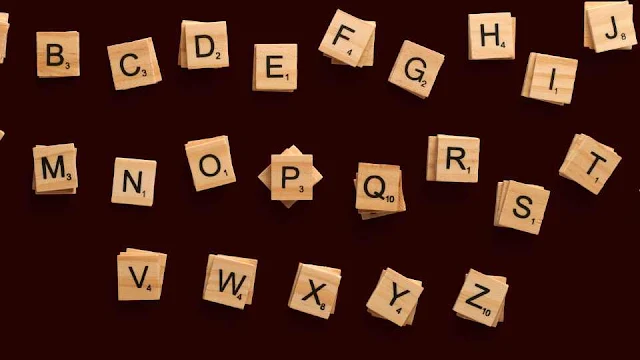Mastering Scrabble: A Comprehensive Guide to Word Finding Strategies: Welcome, Scrabble enthusiasts, to our comprehensive guide on mastering the art of word finding strategies in Scrabble! Whether you're a casual player looking to improve your skills or a seasoned competitor aiming for the championship, this guide will equip you with the tools and strategies to dominate the game board.
Understanding the Basics
Before diving into advanced strategies, let's review the basics of Scrabble. The game consists of a 15x15 grid board where players place letter tiles to form words horizontally or vertically. Each letter has a corresponding point value, and players earn points based on the letters they use and the placement of their words on the board.
Word Finding Strategies
Build Your Vocabulary: The foundation of successful Scrabble play is a robust vocabulary. Expand your word knowledge by learning unusual and high-scoring words, especially those with tricky letter combinations like Q, X, Z, and J.
Prefixes and Suffixes: Understanding common prefixes and suffixes can help you create longer words easily. For example, adding "RE-" or "-ING" to existing words can often create new scoring opportunities.
Parallel Play: Look for opportunities to play words parallel to existing ones on the board. This allows you to form multiple words simultaneously, maximizing your points and controlling valuable board space.
Hooks: Utilize hooks to extend existing words. Hooks are letters that can be added to the beginning or end of a word to form another word. For instance, adding an "S" to "CAT" creates "CATS" while adding "ER" creates "CATER."
Bingo Plays: A "bingo" in Scrabble refers to using all seven of your tiles in a single play, resulting in a 50-point bonus. Aim to create bingos by strategically saving high-value tiles and keeping an eye on openings for long words.
Tile Tracking: Pay attention to the tiles that have been played and those remaining in the bag. This helps you anticipate which letters are available and plan your moves accordingly.
Defense and Blocking: Prevent your opponent from accessing premium squares or creating high-scoring opportunities by strategically placing words to block paths or using small, low-scoring words to limit their options.
Resources for Improvement
Word Lists: Utilize Scrabble dictionaries and word lists to expand your vocabulary and discover new playable words. There are various online resources and mobile apps available for this purpose.
Analyze Your Games: Reviewing your previous games, especially those against stronger opponents, can help you identify areas for improvement and fine-tune your strategies.
Practice, Practice, Practice: Like any skill, becoming a master Scrabble player requires practice. Play regularly against opponents of varying skill levels to hone your skills and adapt to different playing styles.
Conclusion
By incorporating these word finding strategies into your Scrabble gameplay and dedicating time to practice and study, you'll soon find yourself mastering the game and outsmarting your opponents with ease. Remember, Scrabble is not just about forming words but also about strategy, creativity, and adaptability. So, grab your tiles, expand your vocabulary, and let the word games begin


Comments
Post a Comment